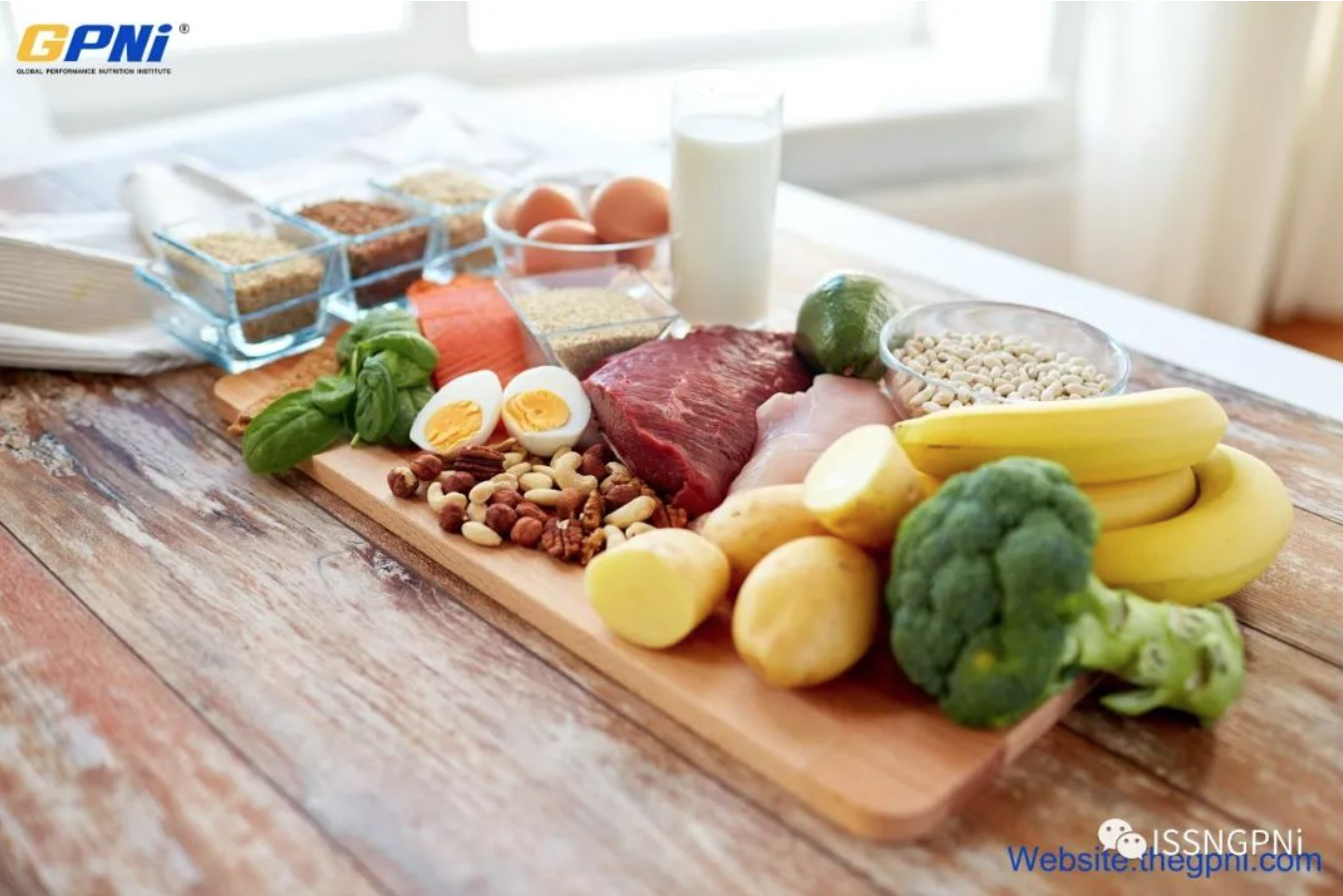Protein is a fundamental nutrient crucial for maintaining and repairing body tissues, supporting metabolic functions, and promoting overall health. For athletes, gym enthusiasts, and even the general population, understanding optimal protein intake is essential for achieving various health and fitness goals. We will delve into the science-backed recommendations for protein intake, exploring the needs and benefits for different groups based on the latest research and guidelines, particularly those provided by the International Society of Sports Nutrition (ISSN).
Protein and Its Role in the Body
Proteins are macronutrients composed of amino acids, which are the building blocks of the body. They play vital roles in various physiological processes, including:
Muscle Repair and Growth: Essential for the synthesis and repair of muscle fibers.
Enzyme Function: Act as catalysts in biochemical reactions.
Hormone Production: Crucial for synthesizing hormones that regulate bodily functions.
Immune Response: Aid in the production of antibodies to fight infections.
Cellular Structure: Integral components of cell membranes and structures.
Daily Protein Requirements
The recommended daily allowance (RDA) for protein varies based on factors such as age, sex, physical activity level, and overall health. The general guidelines are:
- Sedentary Adults: 0.8 grams per kilogram of body weight per day.
- Athletes: 1.4 to 2.0 grams per kilogram of body weight per day, depending on the type and intensity of activity.
- Older Adults: 1.0 to 1.2 grams per kilogram of body weight per day to counteract muscle loss with aging.
Protein Needs for Athletes
Athletes have higher protein requirements due to the increased demand for muscle repair and growth. Specific recommendations are:
- Endurance Athletes: 1.2 to 1.4 grams per kilogram of body weight per day to support recovery and muscle repair.
- Strength Athletes: 1.6 to 2.2 grams per kilogram of body weight per day to promote muscle hypertrophy and repair.
Timing and Distribution
Optimizing protein intake is about the total amount consumed and the timing and distribution throughout the day. Consuming protein evenly across meals (every 3-4 hours) maximizes muscle protein synthesis (MPS). Ingesting protein immediately after exercise (within 30 minutes) enhances recovery and muscle repair. Consuming 30-40 grams of casein protein before bed supports overnight muscle repair.

Protein Intake for Gym Enthusiasts
Gym enthusiasts, whether they are engaged in weight lifting, cardio, or other fitness activities, also benefit from increased protein intake. Recommendations for this group include:
- General Fitness: 1.2 to 1.8 grams per kilogram of body weight per day to support muscle maintenance and growth.
- Bodybuilders: Similar to strength athletes, bodybuilders may need 1.6 to 2.2 grams per kilogram of body weight per day.
Protein for the General Population
For the general population, adequate protein intake supports overall health and well-being. Key points include:
- Balanced Diet: Ensuring a balanced diet with adequate protein helps maintain muscle mass, supports metabolic functions, and promotes satiety.
- Older Adults: Increased protein intake (1.0 to 1.2 grams per kilogram of body weight per day) helps counteract the natural loss of muscle mass with aging.
- Weight Management: Higher protein diets can support weight management by promoting satiety and preserving lean body mass during weight loss.

Special Considerations
Certain groups may have specific protein needs or considerations:
- Vegetarian/Vegan Athletes: Plant-based athletes should ensure they consume a variety of protein sources to obtain all essential amino acids. Combining different plant proteins, such as beans and rice, can provide a complete amino acid profile.
- Pregnant and Lactating Women: Increased protein intake is necessary to support fetal growth and milk production.
Protein Quality and Sources
The quality of protein is determined by its amino acid composition and digestibility. High-quality proteins contain all essential amino acids in adequate amounts. Key sources include animal-based proteins, such as whey, casein, egg, and meat, which are complete proteins with high biological value, and plant-based proteins, such as soy, pea, and rice proteins, which may need to be combined to provide a complete amino acid profile.
Whey Protein
Whey protein is a popular supplement among athletes due to its rapid digestion and high leucine content, which is critical for MPS. It is derived from milk during cheese-making and is available in various forms, including concentrate, isolate, and hydrolysate.
Protein Supplements
Protein supplements can be a convenient and effective way to meet daily protein needs, especially for athletes and those with higher requirements. Common types of protein supplements include:
- Whey Protein: Fast-digesting and rich in leucine, ideal for post-workout recovery.
- Casein Protein: Slow-digesting, suitable for nighttime use to support overnight muscle repair.
- Plant-Based Proteins: Options like pea, soy, and rice protein cater to vegetarians and those with lactose intolerance.
Optimal protein intake is crucial for athletes, gym enthusiasts, and the general population to support muscle repair, growth, and overall health. Following the science-backed recommendations from the ISSN can help individuals achieve their fitness and health goals. By focusing on the quantity, quality, timing, and distribution of protein intake, individuals can maximize the benefits of this essential nutrient.







